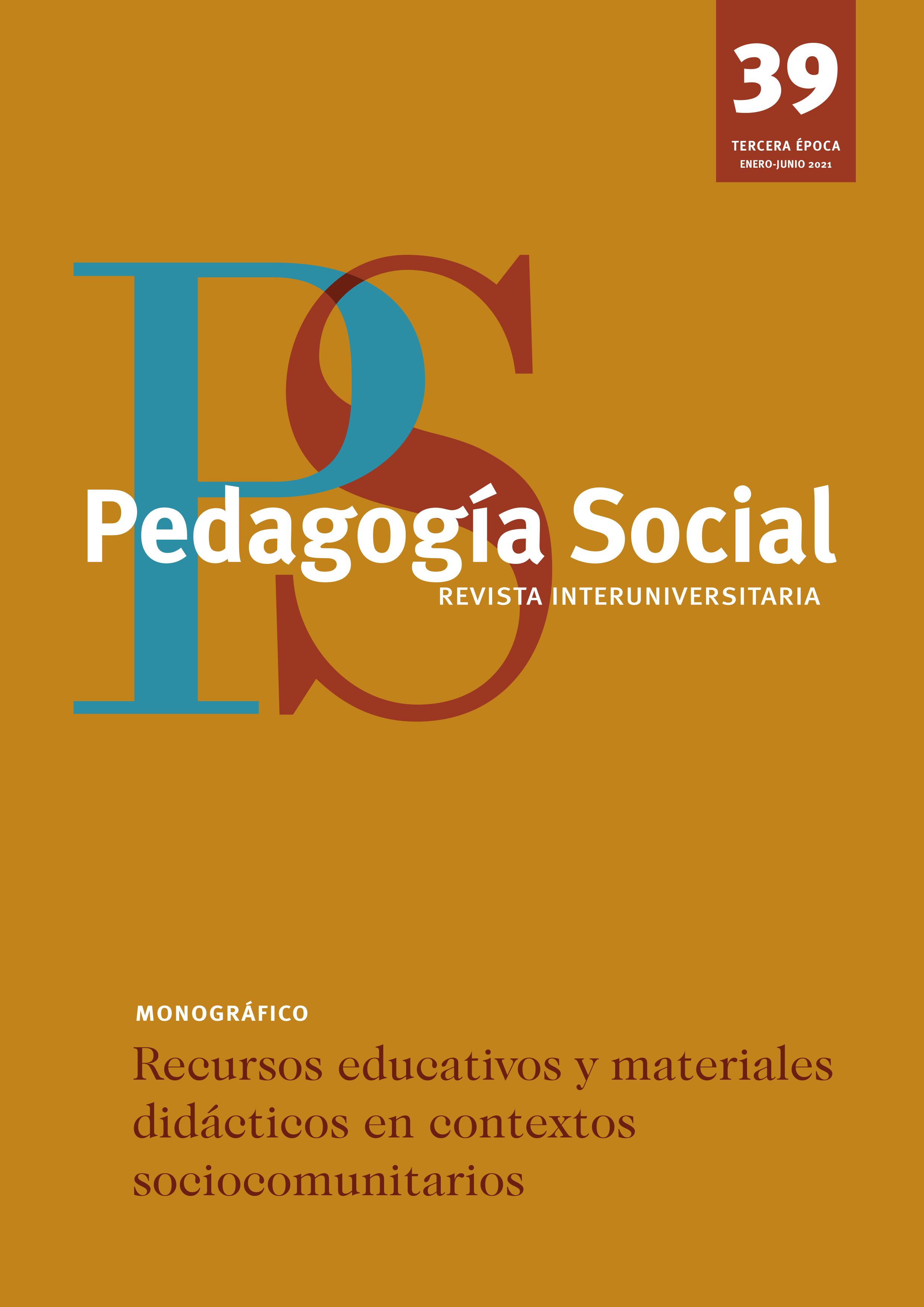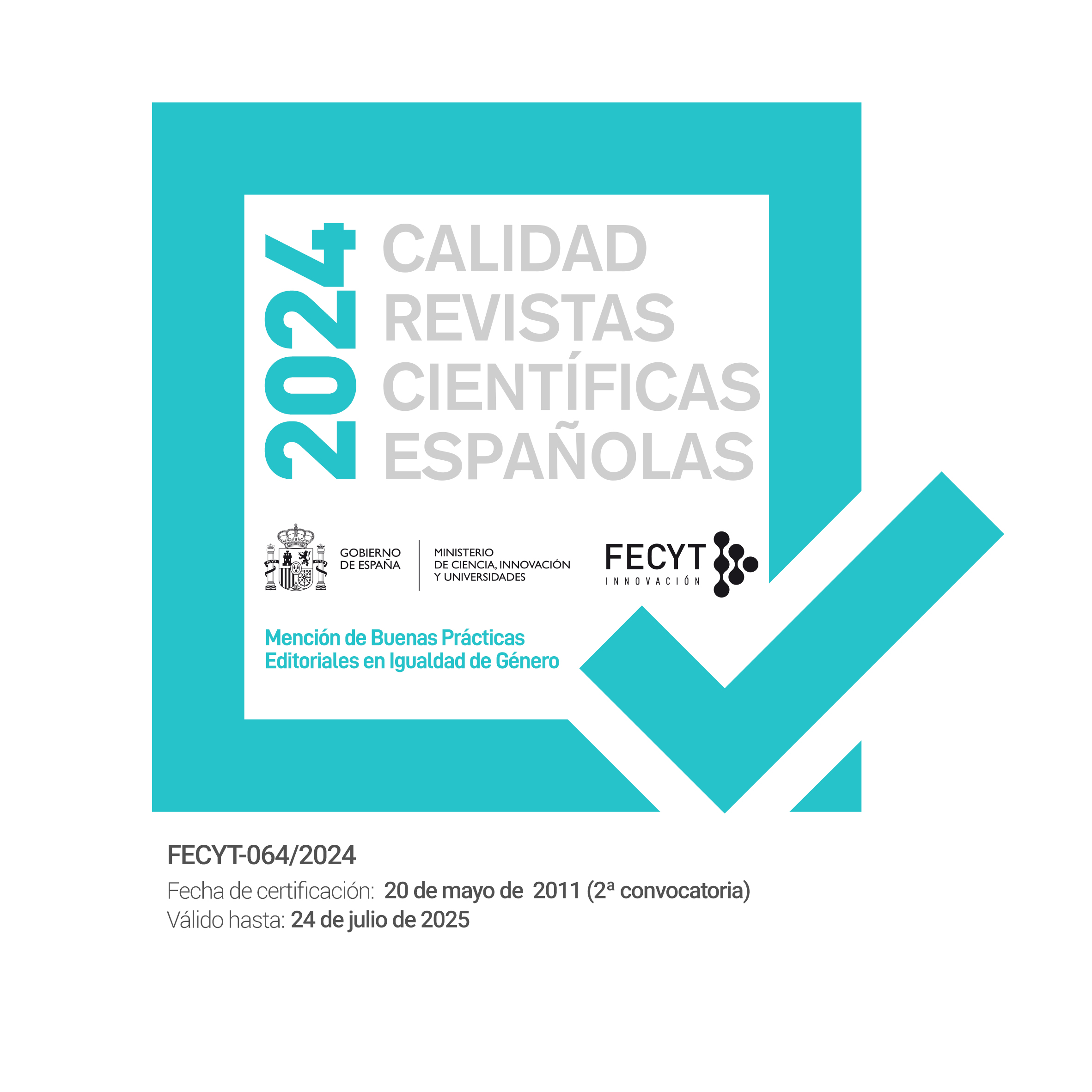Video games to encourage participation and social commitment
DOI:
https://doi.org/10.7179/PSRI_2021.39.02Keywords:
Video games, serious games, social participation, social commitmentAbstract
This article presents the results of an empirical study based on the analysis of a sample of ten video games created to encourage participation and social commitment. The aspects discussed are poverty, drug addiction, autism, violence gender, migration, human rights, politics, climate change, cybercrime or cyberbullying. After establishing and applying the sample selection criteria, and following the content analysis methodology, the guide proposed in López-Gómez (2018) has been adapted to study seven aspects that, in the opinion of the authors, are fundamental for the achievement of the objective of awareness proposed for each game. These seven aspects are, the adaptation to the target audience, the degree of fulfillment of its didactic intentionality, the promotion of collaboration, the adequacy of the content with respect to its purpose, the motivating nature, its ludic appeal and its aesthetic appeal. After establishing the quantitative analysis of the results, the discussion and conclusions of this study reflect on the degree of achievement of these aspects in order to provide possible clues on the effectiveness of this type of video games when used as awareness tools.
Downloads
Downloads
Published
How to Cite
Issue
Section
License
Copyright (c) 2021 Pedagogía Social. Revista Interuniversitaria

This work is licensed under a Creative Commons Attribution-NonCommercial-ShareAlike 4.0 International License.
Copyright and right to archive
The published version of the articles can be self-archived by their authors in open access institutional and thematic repositories. However, Pedagogía Social. Revista Interuniversitaria must authorize partial or global reutilisation on new papers or publications.
Published papers must be cited including the title of the journal Pedagogía Social. Revista Interuniversitaria, issue, pages and year of publication
Ethical responsibilities
Pedagogía Social. Revista Interuniversitaria does not accept any material that has been previously published in other documents or publications. Authors are responsible for obtaining the required permissions for partial or global reproduction any material from other publications, and to correctly quote its origin.
Pedagogía Social. Revista Interuniversitaria is obliged to detect and report fraudulent practices.
Only those who have intellectually contribute to the development of the paper must appear as authors.
The journal expects authors to declare any commercial partnership that might entail a conflict of interest with respect to the submitted article.
Authors must mention in the article, preferably in the “methodology” section, that the procedures used during the samplings and controls have been made after getting informed consent.
The journal will not use any received contribution in a way other than the goals described in these guidelines.
Copyright Notice
© Pedagogía Social. Revista Interuniversitaria. Papers published in both the printed and online versions of this Journal are property of Pedagogia Social. Revista Interuniversitaria, being required to cite the source in any partial or total reproduction.
Unless otherwise stated, all content of this electronic journal is distributed under "Creative Commons Attribution-Non commercial 3.0 Spain" (CC-by-nc) license for use and distribution. The informative version and the legal text of this license is available here. This has to be expressly stated in this way when necessary.






